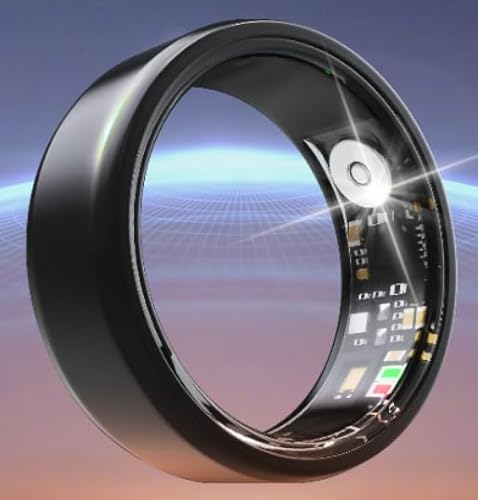L
lopearredlady
I have received valuable information from your communications on this site and I have a few questions. My aortic valve opening has been determined by both Echocardiogram and Transesophageal Echocardiogram to be 0.8 cm.
There was turbulent flow noted across the aortic valve; mild left ventricular hypertrophy;left ventricular ejection fraction of about 65%; bicuspid aortic valve with shaggy density; moderately severe aortic stenosis; mild mitral insufficinecy and trace tricuspid and aortic insufficiency. I have a stress echo
scheduled for this week. My cardiologist is having difficulty getting a handle on my symptoms. On certain days, I feel shortness of breath and slight inconsistent chest pain. The idea of "waiting for symptoms to get worse" is
not a positive one. However, my main concern is my valve opening. Isn't that something to be immediately concerned about?
Thanks for any suggestions--
Terry
There was turbulent flow noted across the aortic valve; mild left ventricular hypertrophy;left ventricular ejection fraction of about 65%; bicuspid aortic valve with shaggy density; moderately severe aortic stenosis; mild mitral insufficinecy and trace tricuspid and aortic insufficiency. I have a stress echo
scheduled for this week. My cardiologist is having difficulty getting a handle on my symptoms. On certain days, I feel shortness of breath and slight inconsistent chest pain. The idea of "waiting for symptoms to get worse" is
not a positive one. However, my main concern is my valve opening. Isn't that something to be immediately concerned about?
Thanks for any suggestions--
Terry






















